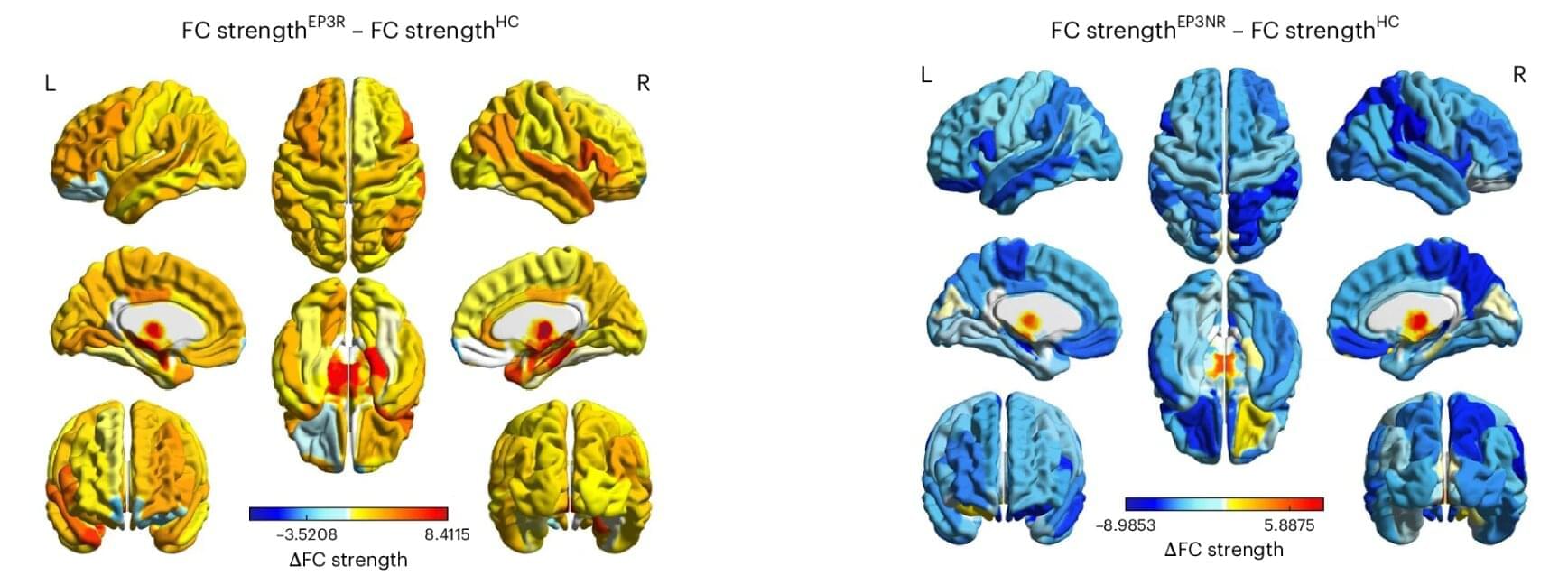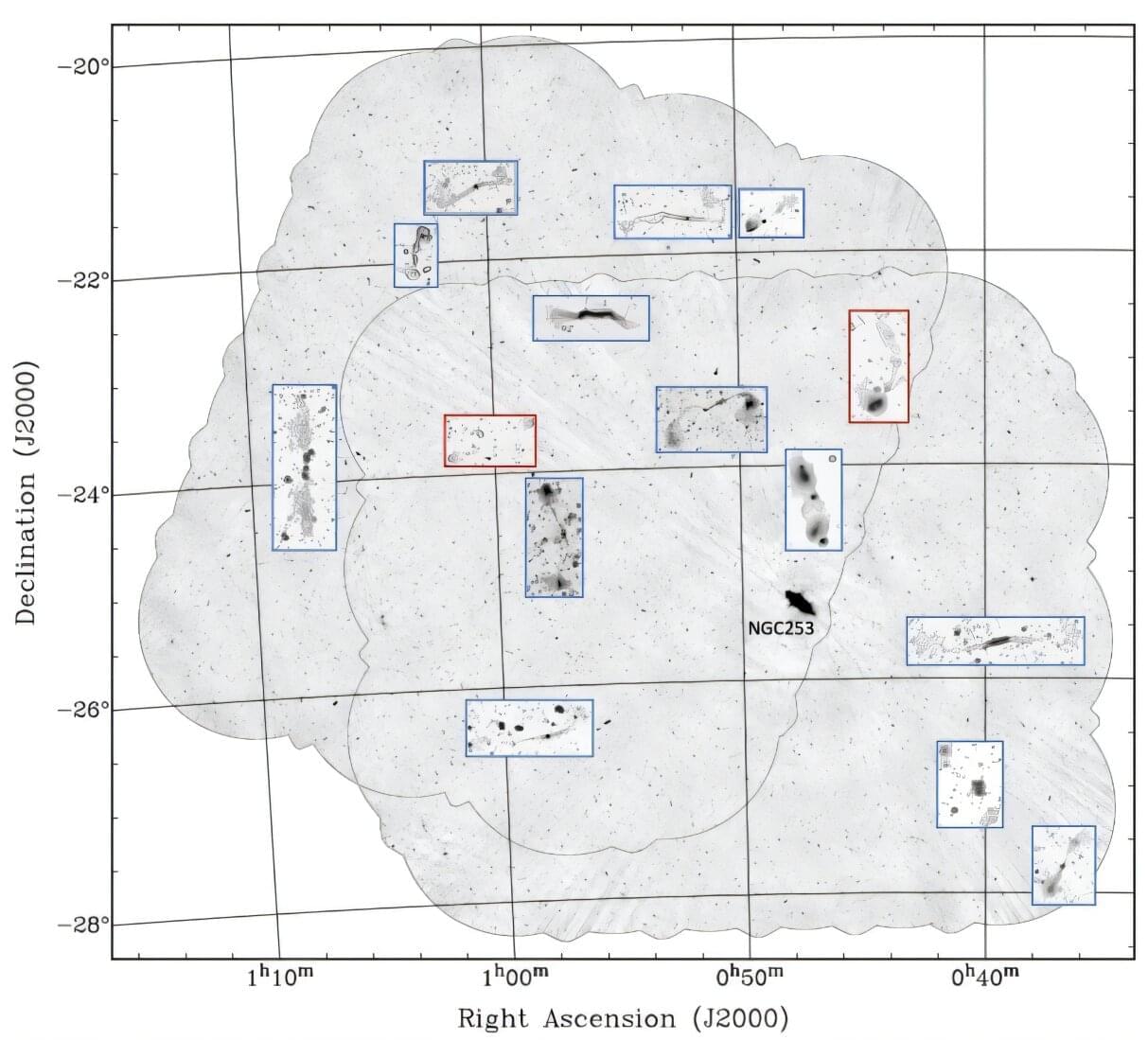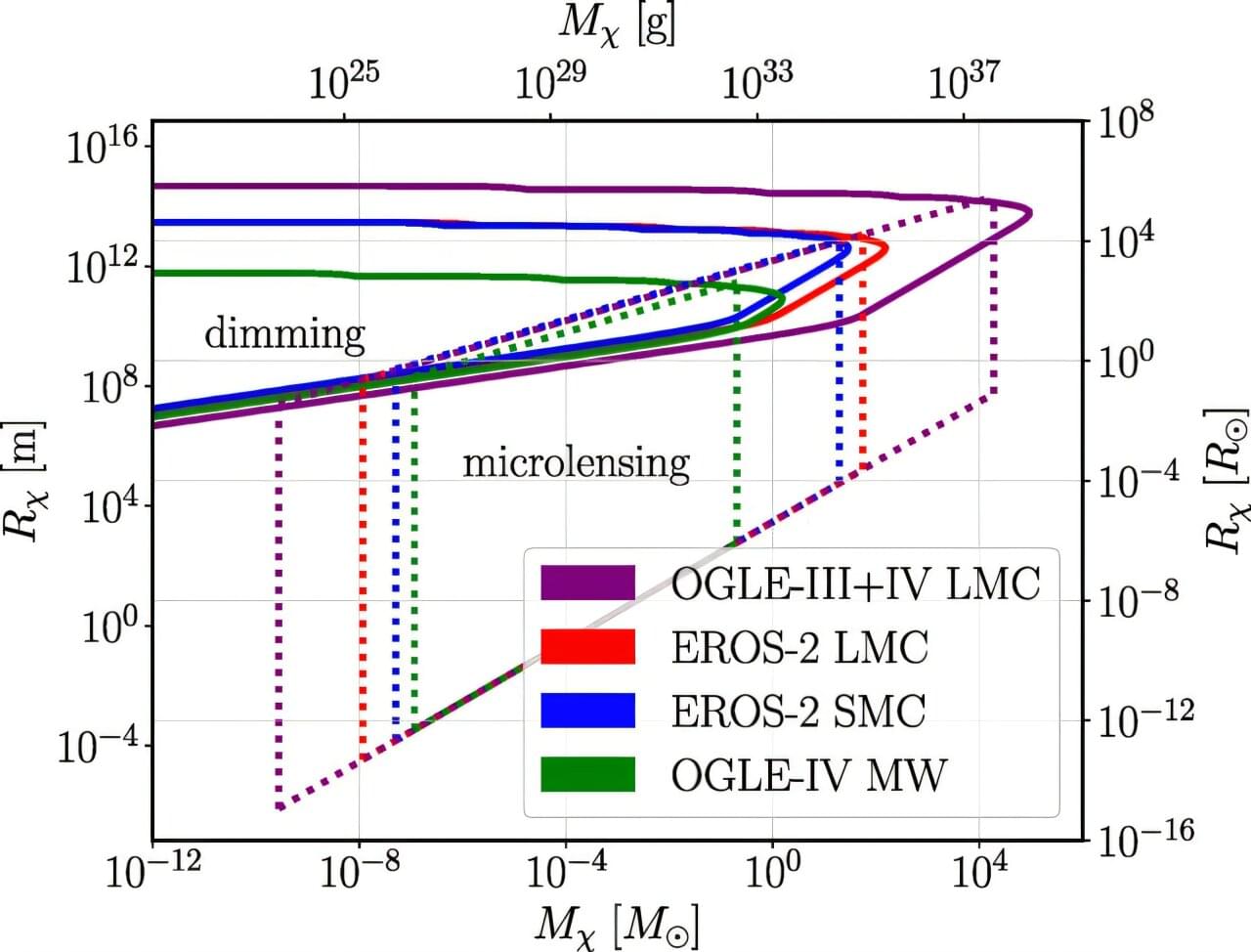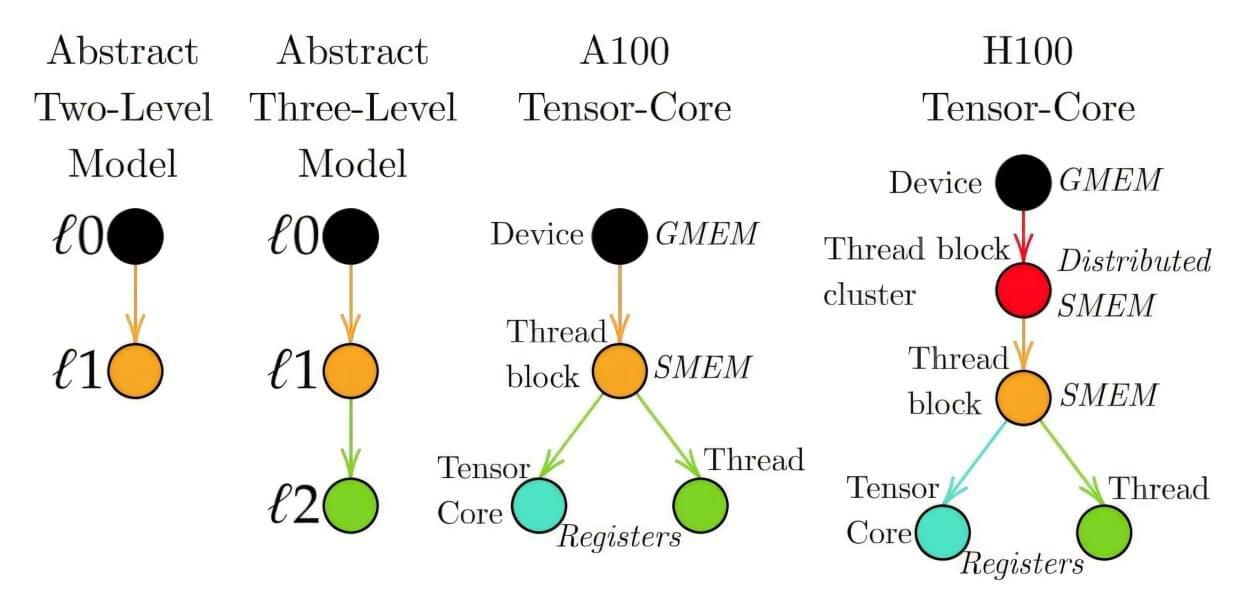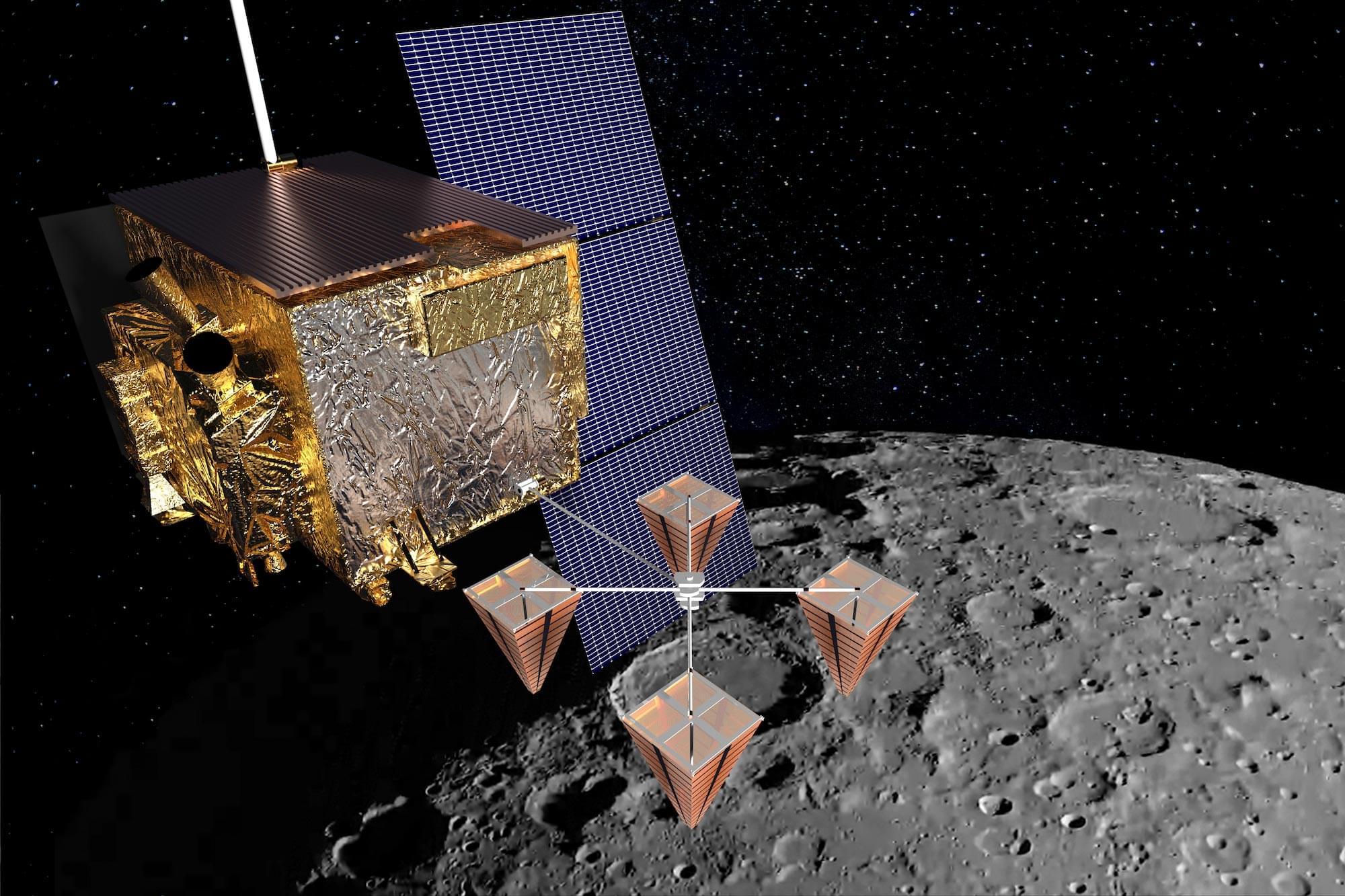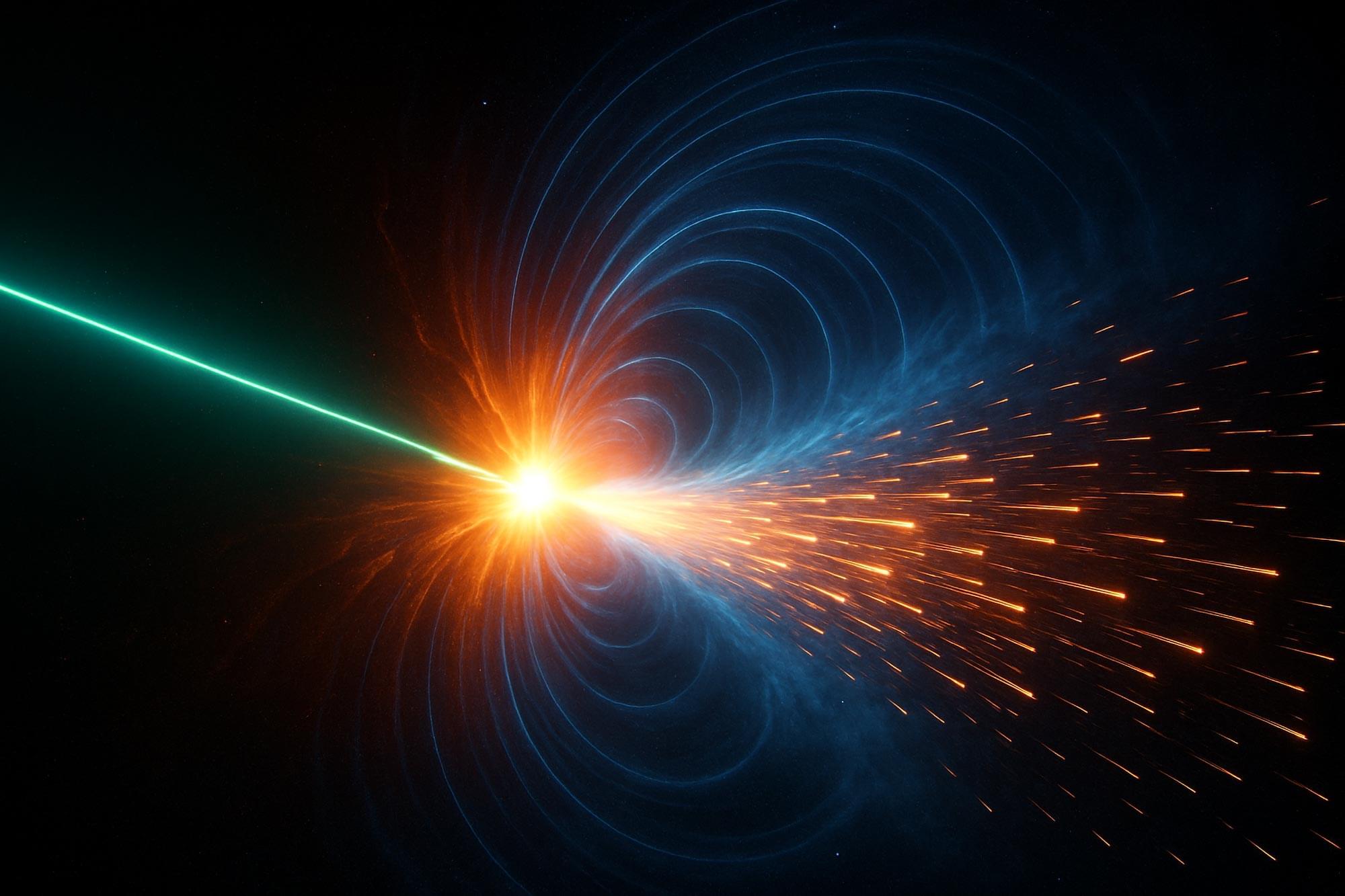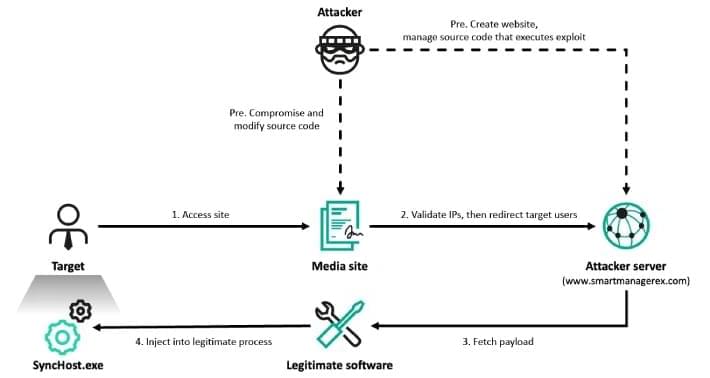A study led by Pompeu Fabra University reveals which brain mechanisms allow psychosis to remit. The results of this pioneering research could have important clinical implications for exploring new intervention strategies in patients with psychosis. The study was carried out in collaboration with one of the main psychiatry groups at Lausanne University Hospital (Switzerland).
The study examines differences in the neural connectivity patterns of patients who have recovered from psychosis and subjects who have not. Identifying these differences using computational models has enabled determining which patterns of neural connectivity facilitate the remission of the disease.
The results of the research have recently been published in an article in the journal Nature Mental Health. Its principal author is Ludovica Mana, a doctor and neuroscientist of the Computational Neuroscience group at the UPF Center for Brain and Cognition (CBC). The main co-investigators are Gustavo Deco and Manel-Vila Vidal, director and researcher with the same research group, respectively.
